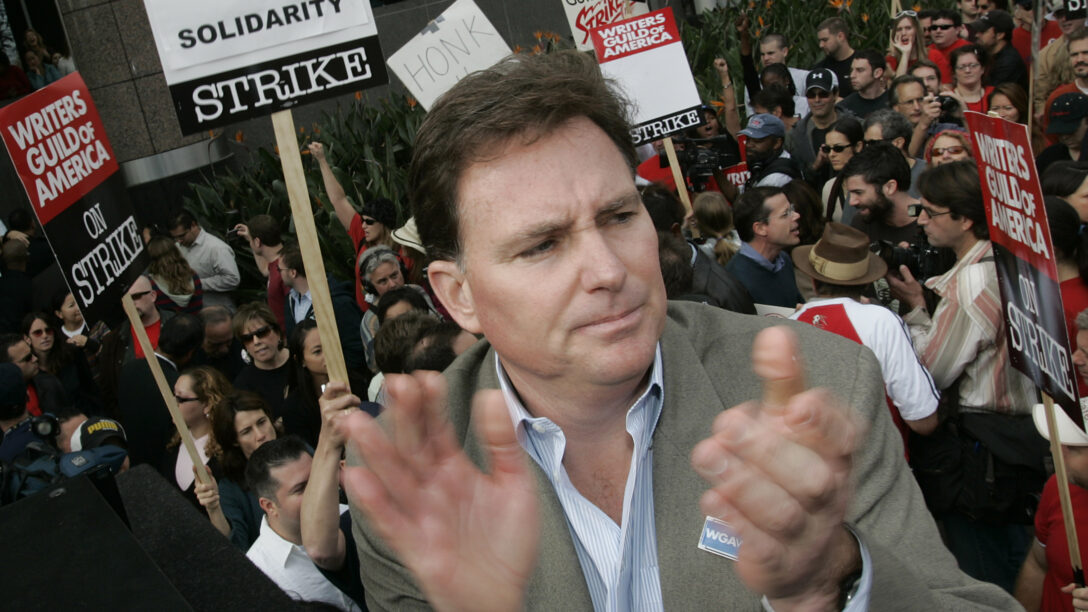Over the past couple months, a group of prominent TV writers has been meeting with a very specific goal: Not getting screwed in the next Writers Guild negotiations. It’s a loose, informal collection, I’m told, including a couple W.G.A. board members. In a recent email that was forwarded to me, the group was described as “concerned writers who want to make sure our union goes into this next negotiation with a clear understanding of the problems, and hopefully arm them with some winnable solutions.” They’ve been strategizing with key agents and lawyers, reviewing contracts, and generally collecting data in advance of what most insiders believe will be Hollywood’s most contentious labor negotiations since the crippling strike of 2007-08.
I’m guessing that you, like me, are generally bored by the triennial back-and-forths between the various guilds and studios that, at least since 2008, inevitably lead to an 11th-hour deal with modest gains for the talent. But there is every reason to believe this upcoming battle—the writers’ contract expires May 1, 2023, followed by the Directors Guild and SAG-AFTRA on June 30, although the DGA likes to negotiate first, probably this fall—will be especially brutal. The writers last re-negotiated in 2020, when the prospect of a strike at the height of a pandemic shutdown seemed absurd. So Hollywood’s most cantankerous union hasn’t really gone to war since 2017, and think about where the entertainment industry was back then: Netflix had less than 100 million subscribers, Disney+ was but a twinkle in Bob Iger’s eye, Time Warner and 21st Century Fox both thrived as standalone companies, and HBO was considered a TV channel.

















